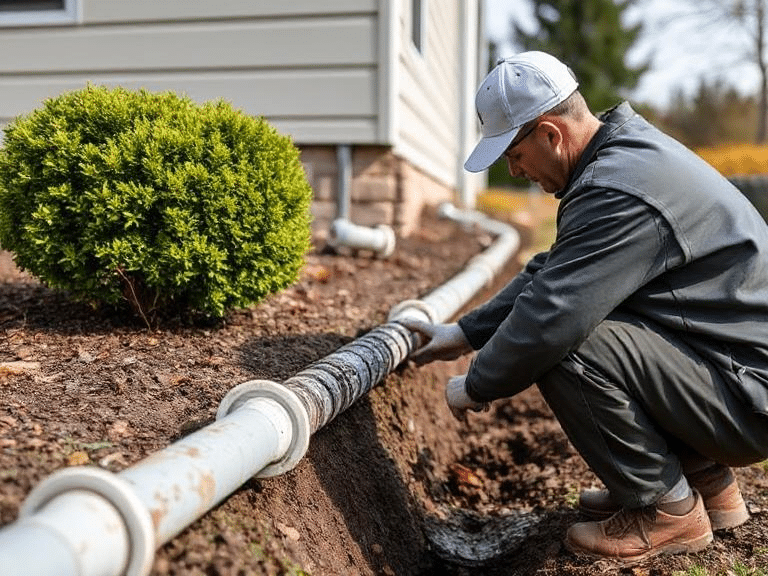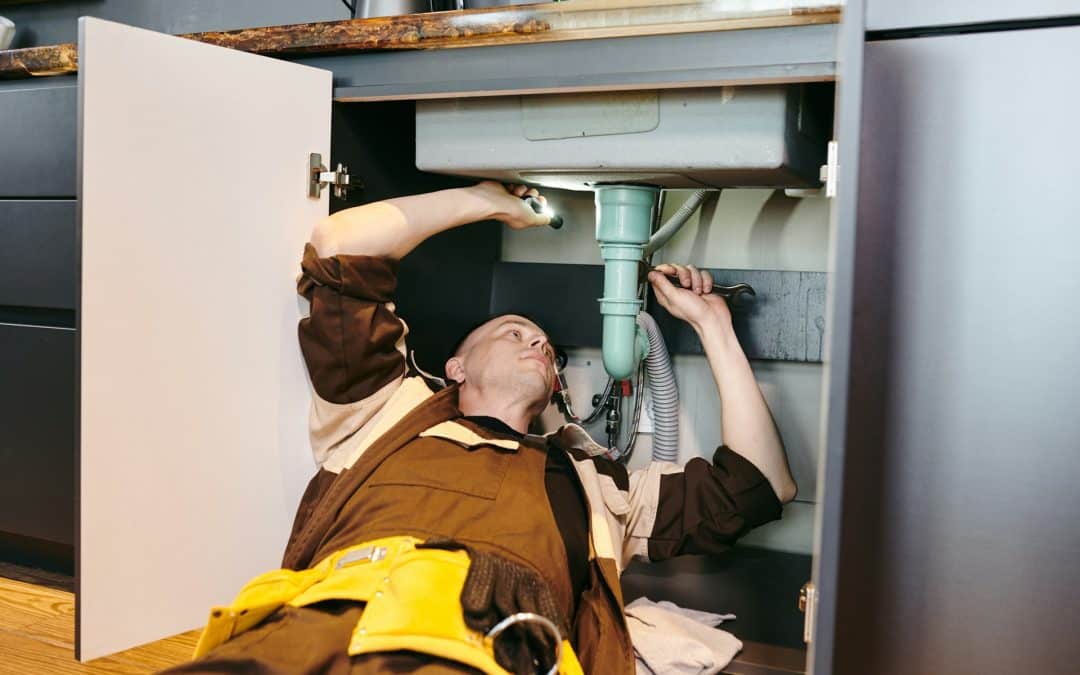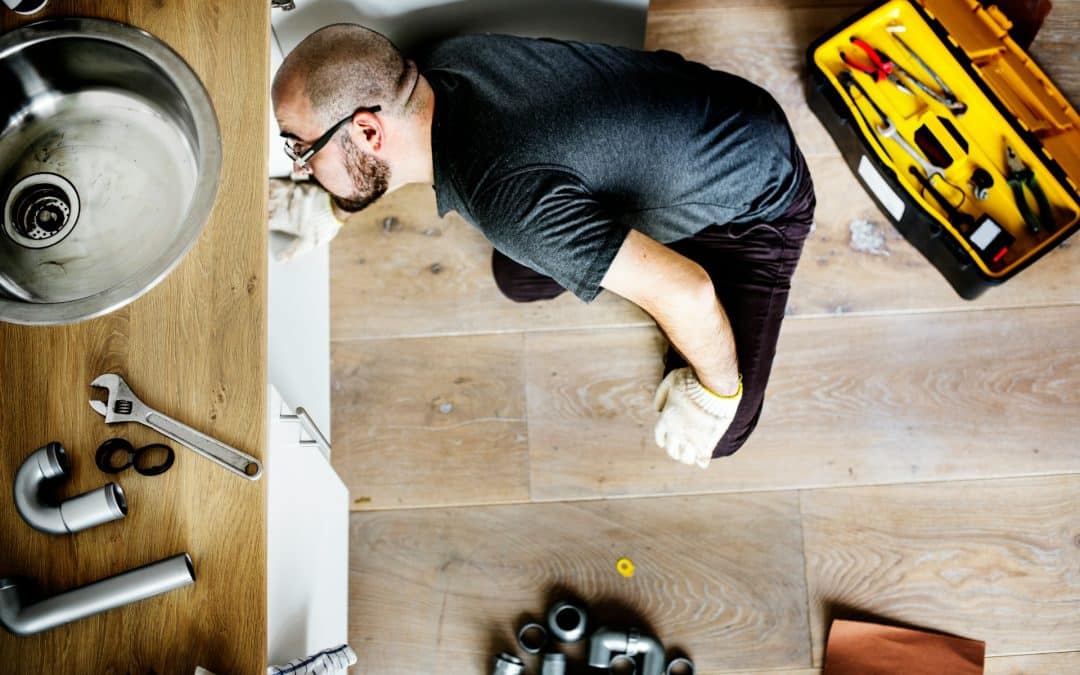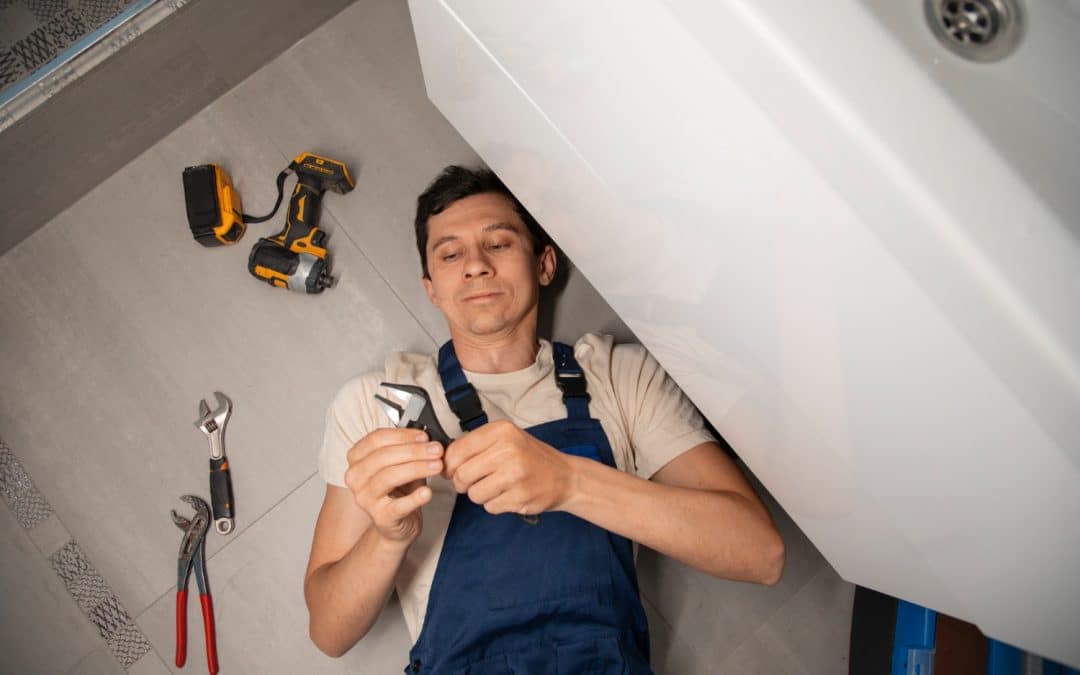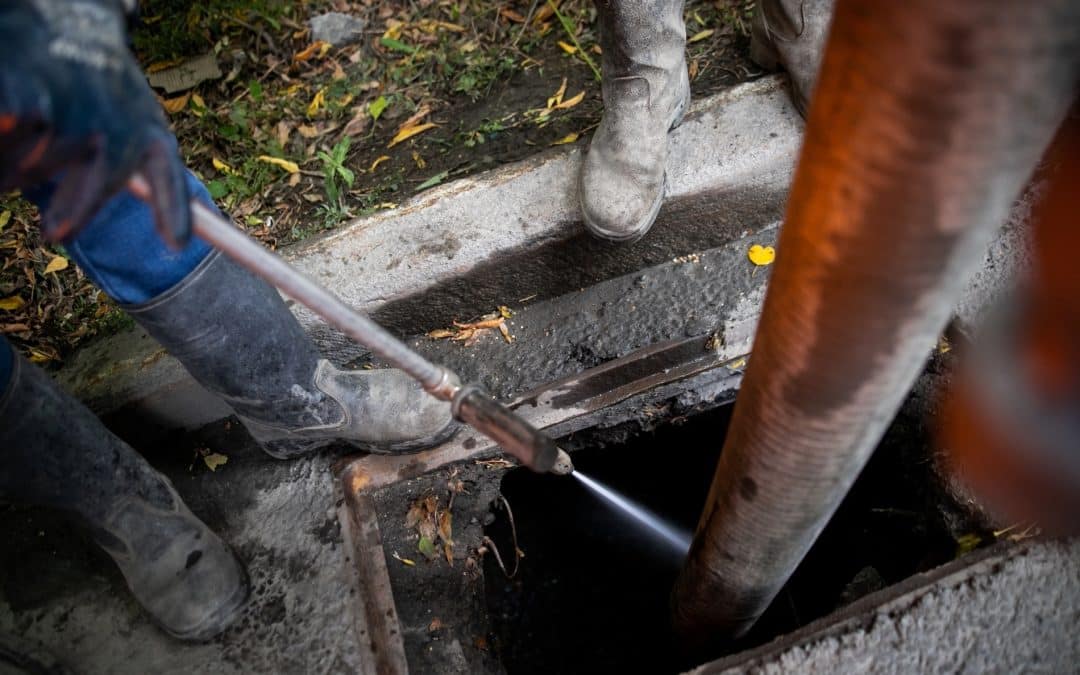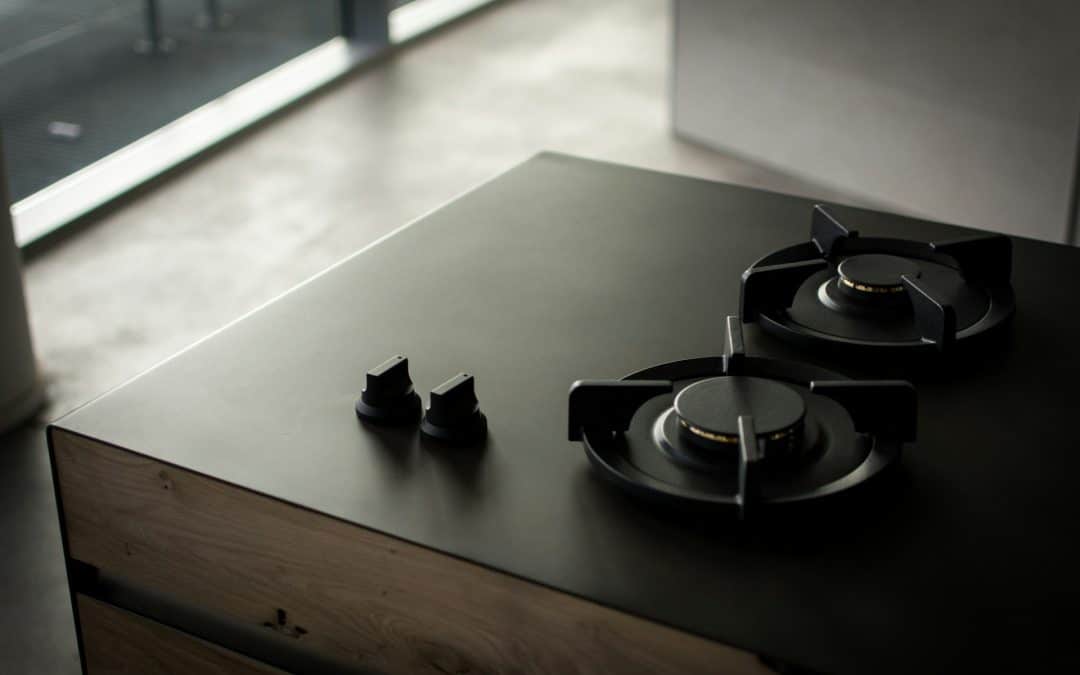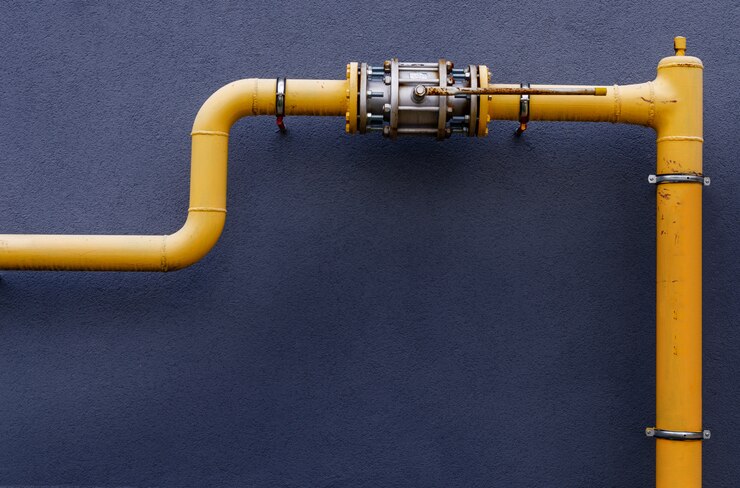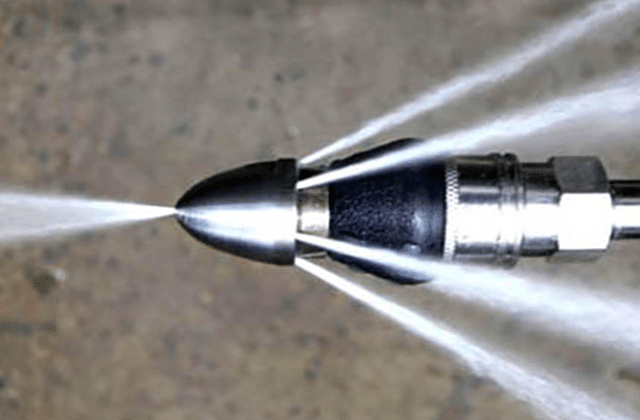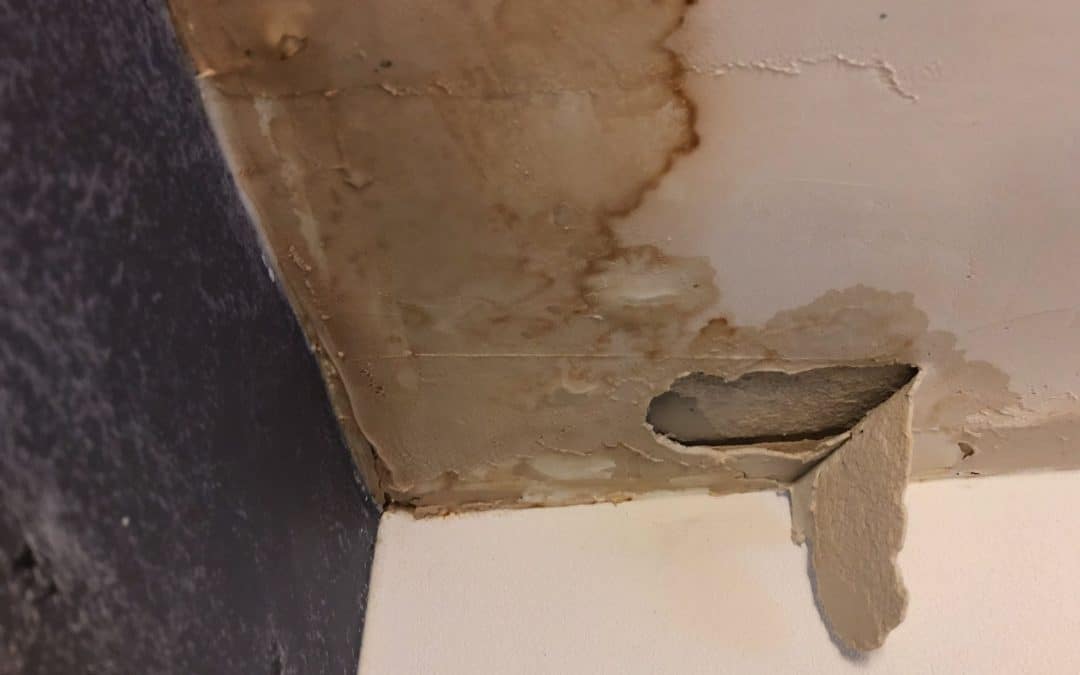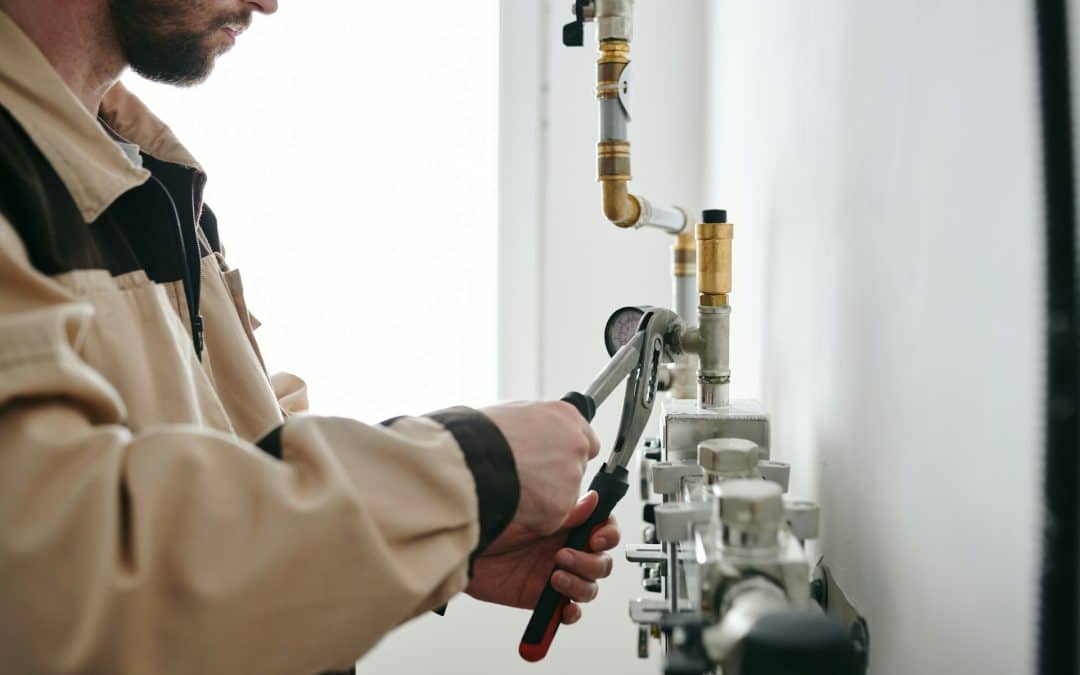Maintaining your home’s water lines is crucial for a functional plumbing system. These lines are essential for delivering clean water to every part of your house. Without proper care, water lines can lead to various problems, including leaks and decreased water pressure, which might disrupt daily activities and even increase utility bills.
Regular maintenance of water lines isn’t just about avoiding problems. It also ensures safety and efficiency, which are vital for any household. By keeping water lines in good condition, you’re not only protecting your home but also enhancing the overall longevity of your plumbing system.
Neglecting these important components can result in costly repairs and inconveniences. Learning how to properly maintain your water lines can save time and money, providing peace of mind knowing your plumbing is in top shape. Taking simple yet effective steps ensures a reliable water supply and a worry-free home environment.
Understanding the Importance of Maintaining Water Lines
Water lines are the unsung heroes of your home’s plumbing system. They carry clean water to your faucets, appliances, and outdoor spigots, ensuring everything flows smoothly. When water lines are well-maintained, they play a vital role in keeping your household running efficiently and safely. However, neglected water lines can lead to several issues that disrupt daily life.
Common problems arising from poorly maintained water lines include leaks, low water pressure, and contamination risks. A small leak can grow into a bigger problem, leading to water damage and mold growth in your home. Low water pressure can make simple tasks like showering or washing dishes frustrating. More importantly, deteriorating water lines can affect water quality, posing health risks.
Regular maintenance offers numerous benefits. Well-kept water lines help prevent costly repairs and ensure a reliable water supply. By keeping your system in good condition, you enhance your home’s safety and water efficiency, leading to long-term savings on utility bills and reduced environmental impact.
Routine Water Line Maintenance Tips
Taking care of your water lines with routine maintenance helps avoid major hassles later. Here are some steps to inspect and identify potential problems:
1. Visual Inspection: Regularly check exposed pipes for any signs of leaks, corrosion, or damage. Pay attention to wet spots on walls or ceilings.
2. Water Pressure Test: Monitor water pressure using a gauge; abnormal pressure can signal issues in the water line.
3. Detecting Sounds: Listen for unusual sounds, like hissing or clanging, which may indicate a problem within the pipes.
For basic upkeep, having the right tools and materials is essential. Keep a wrench handy for tightening loose connections and tape for temporary leak fixes. A flashlight can help spot hidden issues in darker areas. Maintaining these basics ensures your water lines remain in a good state.
To reduce debris and sediment buildup, it’s advisable to flush out the system periodically. Simply open all taps and let the water run for a few minutes. This practice helps clean out any minor blockages and keeps the water flow steady and clean. Regular flushing is particularly important if you notice discolored water or reduced pressure.
Preventing Common Water Line Problems
Taking care of your water lines is essential to prevent common issues that can disrupt your home’s plumbing system. One effective technique is to protect water lines from freezing. Insulating pipes, especially those in unheated areas like basements or attics, helps prevent the water inside from freezing during cold weather, avoiding pipe bursts.
Leaks can also be a major problem if left unchecked. Regularly inspect your water lines for any signs of dripping or rust, which can indicate a leak. Tightening loose connections and replacing damaged sections can help maintain the integrity of your pipes.
Corrosion and degradation of pipes are common challenges. To battle these, consider installing water softeners if you have hard water. These devices reduce mineral buildup that can lead to corrosion over time. Maintaining good water quality is equally important. Hard water or water with low pH can speed up the degradation process, so it might be worth investing in a water treatment or filtration system to ensure your water is clean and gentle on your pipes.
Knowing When to Call a Professional
Certain signs should alert you to call in a professional plumber. Persistent low water pressure, unexplained spikes in your water bill, or visible cracks or wet spots on walls and ceilings could indicate serious issues within your water lines that require expert attention.
The advantages of professional inspections and repairs are clear. Plumbers use specialized tools to locate and address problems efficiently, reducing the risk of further damage. They can also perform more thorough inspections than DIY efforts might allow, catching potential issues before they become costly repairs.
Plumbing Kings LLC offers comprehensive water line services that cover everything from initial inspections to complex repairs. Their team ensures your water lines function smoothly and efficiently, protecting your home from unforeseen plumbing disasters.
Conclusion
Taking proactive measures with your water lines can save you from a world of problems down the line. Regular maintenance and preventative steps help keep your plumbing running efficiently and extend the life of your system. By staying vigilant and knowing when to seek professional help, you can avoid costly repairs and keep your home safe and comfortable.
When it comes to ensuring your water lines are in top condition, don’t take any risks. Let the skilled professionals at Plumbing Kings LLC handle all your water line needs. With their expertise and commitment to quality plumbing services in Las Vegas, you can enjoy peace of mind knowing your plumbing is in the best hands. Contact us today to get started on securing the safety of your home.
